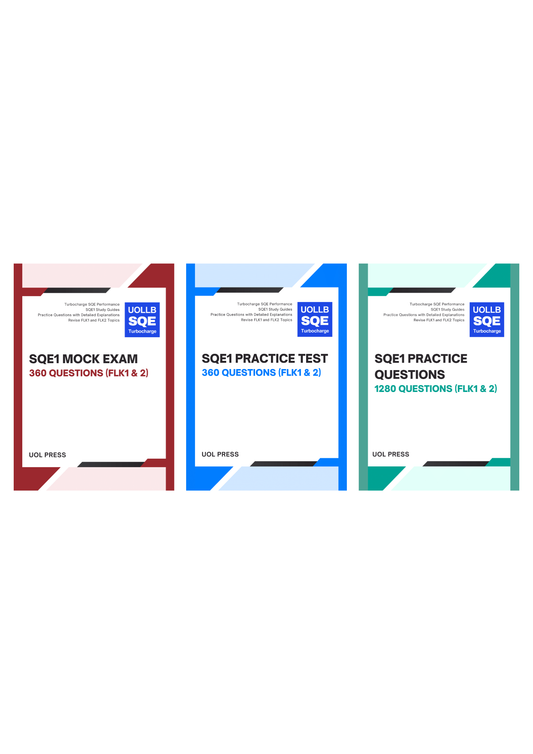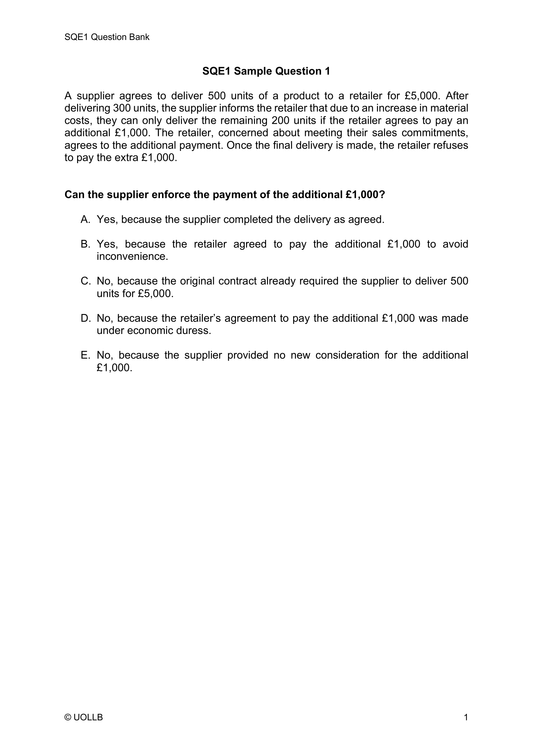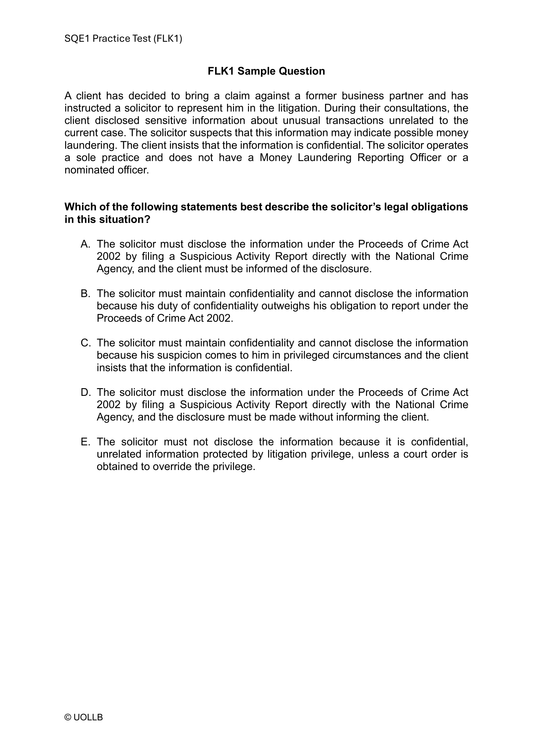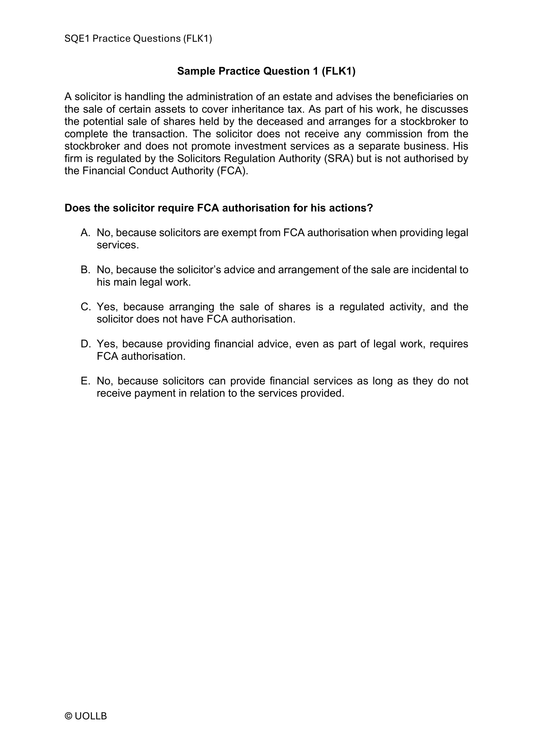Good Leasehold Registered Title
Share
A good leasehold registered title refers to a specific type of legal ownership or interest in a property in England and Wales. It signifies that the leasehold interest in the property has been properly registered with the Land Registry and meets certain requirements, providing security and clarity for the leaseholder.
Leasehold ownership: Leasehold ownership means that the leaseholder has the right to occupy and use the property for a specified period, as outlined in the lease agreement. The leaseholder does not own the land itself but holds a leasehold interest in the property.
Proper registration: A good leasehold registered title indicates that the leasehold interest has been registered with the Land Registry. The Land Registry is a government department responsible for maintaining a register of land and property ownership in England and Wales. Registration provides an official record of the leasehold interest, establishing proof of ownership and protecting the leaseholder's rights.
Clarity and security: Registering a leasehold interest provides clarity and security for the leaseholder. It helps prevent disputes regarding ownership and provides evidence of the terms and conditions of the lease, including the lease period, rent obligations, and any restrictions or covenants associated with the property.
Title guarantee: A good leasehold registered title typically comes with a title guarantee, which means that the Land Registry guarantees the accuracy of the information recorded in the register. This provides reassurance to the leaseholder that the registered details are correct and can be relied upon.
Legal protection: A registered leasehold title benefits from legal protection under the Land Registration Act 2002. This means that the leaseholder's rights are safeguarded, and they have recourse to legal remedies in case of any disputes or infringements on their rights.
While a good leasehold registered title provides security and clarity for the leaseholder, it is still advisable to review the terms of the lease agreement thoroughly and seek legal advice when entering into a leasehold arrangement. This ensures a clear understanding of rights, obligations, and any specific provisions related to the leasehold interest.


























































